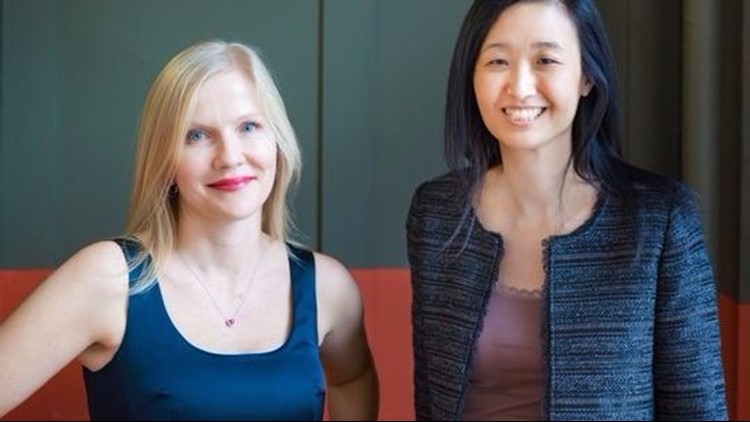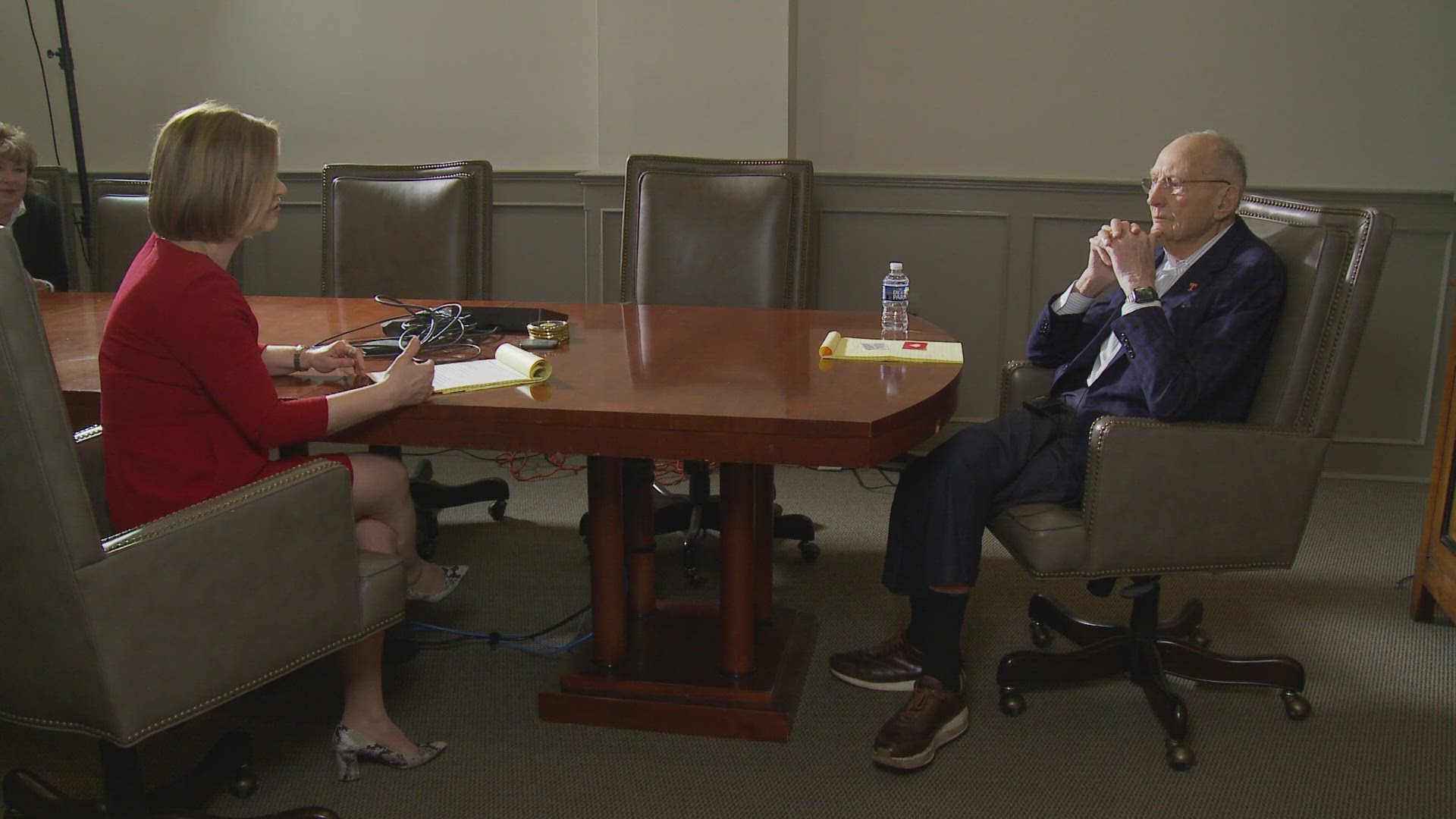If it's a high-paid job, chances are you won't find a woman in it.
That's the conclusion of a LinkedIn analysis, prepared for Equal Pay Day on Tuesday, of how women fared in the top 100 highest-paying jobs in the U.S. On average, women make up less than 30% of employees in each role. Among the highest-paid roles, only three of them employ more women than men — all within human resource roles.
"Parity has been an uneven and slow progress," says Paul Ko, head of economic graph analysis at LinkedIn.
The disparity is pronounced in the upper echelons of tech leadership, where females are underrepresented as chief technology officer (5%), vice president of engineering (5%) and director of system engineering (7%) roles.
Equal Pay Day represents the date that U.S. working women's pay catches up to men's from the prior year. Women on average are paid 20% less than men in the U.S., according to the Institute for Women's Policy Research. The gap is wider for women of color: black women are paid 37% less and Hispanic women 46% less.
The continued absence of women in top-paying jobs comes at a time when the tech industry is growing at a breakneck pace — so much so, it can't fill job openings fast enough. A report issued Monday by CompTIA, a technology organization, revealed 627,000 unfilled tech jobs as of the fourth quarter.
An exception and trailblazer is Kimber Lockhart, CTO of health care company One Medical. Nearly half of her 35-person engineering team is female.
"While the world of female CTOs and directors of engineering is small, there are some really powerful networks of women supporting one another and a stronger pipeline of talent" through boot camps and improved STEM education for girls, says Lockhart, who previously was senior director of engineering at Box.
A key part of the future pipeline, she says, are tech start-ups founded and run by women.
"When we started out (in 2013), we were questioned and referred to as a cute science project," says Frida Polli, who co-founded neuroscience start-up pymetrics with Julie Yoo. "We were discounted by some as females." (Accomplished neuroscientists, Polli is CEO and Yoo is chief data scientist and de facto CTO.)
The New York-based company, which landed funding from Khosla Ventures and boasts customers such as Accenture and Unilever, is expected to ring up $5 million to $8 million in revenue this year, Polli says.



